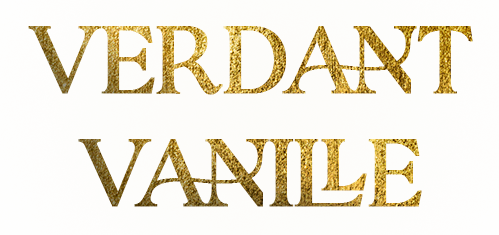For me, focusing and memorizing have always been a real challenge growing up. Whether at school or accomplishing things in my everyday life, the learning process was a real struggle. One year ago, inspired by Jim Kwik’s brilliant work, I’ve started to apply these hacks on a daily basis.
Since then, I’ve made massive progress and it keeps on building up a bit more each day. Big times for me telling you that when I remind myself where I cognitively come from.
Wherever you are on the learning skill’s scale, there’s always room for improvement and optimization.
And learning how to learn and memorize better starts with these 4 simple steps:
1 • Brain food
🐟 Omega 3
Omega 3s are a family of essential fatty acids. The three most important types are DHA (docosahexaenoic acid), EPA (eicosapentaenoic acid) and ALA (alpha-linolenic acid), DHA (docosahexaenoic acid), and EPA (eicosapentaenoic acid). DHA and EPA are mainly found in animal foods and algae, while ALA occur mostly in plants.
They play a huge role in cognitive functions. The brain’s membranes use these fats to improve cellular structure and brain signaling. As your body cannot produce them on its own, you must get them from your diet.
➩ You’ll find EPA and DHA mainly in cold-water fatty fish, such as salmon, mackerel, tuna, herring, and sardines. And you’ll get ALA in plant based foods such as flaxseeds, hempseed, walnuts, chia seeds… If you’re not eating much of these foods, you might consider taking a supplement.
🍓 Antioxydants
Antioxidants are substances that can prevent or slow damage to cells caused by free radicals. They are unstable molecules that the body produces as a reaction to environmental and other pressures.
Antioxydants act against both oxidative stress and inflammation, conditions that may contribute to brain aging and neurodegenerative diseases.
➩ Get antioxydants rich aliments by eating colorful foods, eat rainbows!
Here are some examples:
Purple for blueberries, blackberries, beets…
Green for broccoli, brussel sprouts…
Orange for carrots, sweet potato…
Brown for cocoa, tea, coffee…
Red for goji berries, tomatoes…
2 • Exercise
🤸🏻♀️ Movement melts away stress
Exercising increases energy levels as well as serotonin in the brain. As a result, mental clarity is possible.
When you start exercising, your brain recognizes this as a moment of stress. As your heart rate increases, your brain thinks you are either fighting the enemy or fleeing from it.
To protect yourself and your brain from stress, you release a protein called BDNF (Brain Derived Neuropathic Factor). This protein acts as a precursor for new neuron’s production, resulting in an improved brain and memory function. It is often described as a reset switch for the brain, which explains why we feel like our mind is clearer and so at ease after exercise.
➩ Make sure you’re moving enough everyday and choose a physical activity that you enjoy doing, a one you’re having fun with, just so you can hold on to a practice routine!
3 • Sleep
Long term memory is enhanced by both REM (Rapid Eye Movement) sleep and slow wave sleep.
The brain region the most sensitive to sleep deprivation is the hippocampus. The hippocampus is part of the limbic system and plays important roles in the consolidation of information from short term memory to long-term memory and in spatial memory that enables navigation.
➩ Getting enough and good quality sleep is an absolute MUST for memory and cognitive functions.
4 • Clean environment
🧘🏽 Brain waves
Every human brain displays different types of brain waves across the cortex. And each brain wave has a purpose and together they help to serve optimal mental health.
Out of these five types of brain waves, Theta is the elusive brain state which is produced in states of day-dreaming, meditation, relaxation and sleepiness. Often referred to the «twilight» state of mind, theta brain wave activity heightens the receptivity of your brain.
In the theta state, you can increase your brain’s clarity and speed in both the memory and learning process.
As memory and learning skills related hormones synchronize with theta brain waves, stronger and better lasting memories are most likely to be created in a relaxed and healthy environment.
➩ Practicing enough of a meditative activity that helps you to get in that “flow” state will greatly improve your ability to focus. (It doesn’t necessarily need to be meditation, it can be doing breath work, listening to music, connecting with nature, drawing, dancing…).
This will train you being present in the moment, and will indirectly impact your recalling skills.
🔊 Noise pollution
Many studies have been conducted to study the effects of background noise on memory recall. One of them(1) was done to assess the influence of noise on participant’s attention and short-term memory.
The results demonstrated that participant’s performance during the tests decreased as the noise’s volume increased.
The number of errors was higher and the reaction time longer with the group who was exposed to the loudest background noises.
Participants also experienced higher levels of discomfort, stress, and annoyance perceptions in this condition.
➩ So while music background has been shown beneficial for memorizing and focusing, choosing a quiet and calm environment will greatly improve both your learning and focusing skills.

